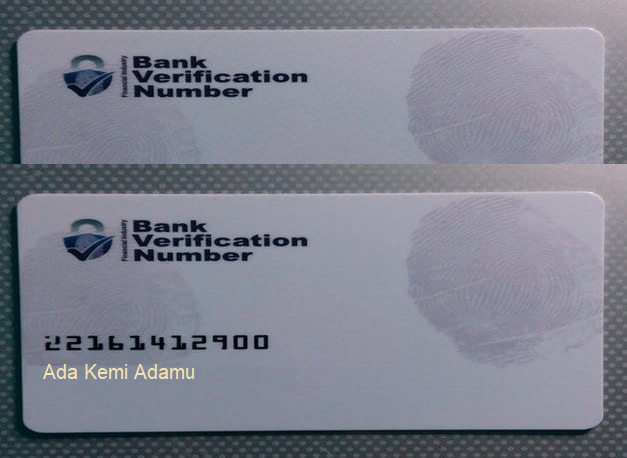
Nigeria’s burgeoning Fintech sector faces a growing threat from cybercriminals exploiting vulnerabilities in account verification.
A report by the Cyber Security Experts Association of Nigeria (CSEAN), revealed that a key concern is the rise of “picker accounts,” typically Tier-1 accounts opened with minimal Know Your Customer (KYC) requirements and not linked to a Bank Verification Number (BVN) or National Identity Number (NIN). These accounts, often with daily transaction limits of around N50,000, offer a low-barrier entry point for fraudsters.
Their ease of funding and weak verification processes make them ideal for money laundering and illicit activities. Experts predict this trend will continue into 2025, jeopardizing the stability of Nigeria’s digital financial landscape.
Register for Tekedia Mini-MBA edition 19 (Feb 9 – May 2, 2026).
Register for Tekedia AI in Business Masterclass.
Join Tekedia Capital Syndicate and co-invest in great global startups.
Register for Tekedia AI Lab.
Many fraudulent activities occur through BVN-unlinked accounts, which allow anonymity and make tracking financial crimes difficult.
Implementing KYC
- Ensures that users link their accounts to their BVN for proper identification.
- Helps authorities track and block suspicious transactions.
- Reduces the use of fintech platforms for illicit financial activities.
Combating this threat requires a multi-pronged approach. A stronger collaborative effort is crucial, involving regulatory bodies, financial institutions, and law enforcement. Key strategies include bolstering KYC procedures to ensure more robust identity verification, increased regulatory oversight of Fintech platforms, and widespread public awareness campaigns to educate citizens about these scams.
Recall that on April 26, 2024, the Central Bank of Nigeria (CBN) officials, met with the chief executives of major fintech companies in the country and ordered them to discontinue the onboarding of new customers. The CBN expressed dissatisfaction with the manner in which the fintechs handled KYC checks in opening accounts for their customers, stating that such loopholes could be exploited by money launderers and terrorist financiers in moving illicit financial resources.
A month later, the government lifted the ban, marking a significant milestone for the fintech industry in Nigeria, emphasizing the importance of regulatory compliance in maintaining operational integrity. It also highlighted the ongoing efforts of fintech companies in Nigeria, to enhance security measures and adhere to stringent regulatory requirements to prevent illicit activities. The resumption of customer onboarding by these fintech platforms is expected to boost their operations and customer base, contributing positively to Nigeria’s digital financial ecosystem.
Beyond regulatory and security concerns, KYC also plays a role in enhancing customer trust and business growth. Customers are more likely to engage with fintech platforms that prioritize security, knowing that their transactions and data are protected. Strong KYC policies also open doors for fintechs to expand internationally by ensuring they meet global financial regulations such as those set by the Financial Action Task Force (FATF). This strengthens partnerships with international payment providers and facilitates cross-border transactions, particularly for remittance services used by Nigerians abroad.
The predicted rise in the exploitation of BVN-unlinked fintech accounts in 2025 highlights a critical security and regulatory challenge in Nigeria’s digital financial space. While fintech innovation is driving financial inclusion, the absence of strict BVN enforcement creates vulnerabilities that fraudsters will continue to exploit.
Stronger regulations, better security frameworks, and enhanced KYC policies are essential to curb this trend. By reducing the attractiveness of these easily accessible, poorly verified accounts, Nigeria can better protect its financial system and foster trust in its expanding digital economy.
This creates a more transparent, accountable, and resilient financial ecosystem. Ultimately, KYC is not just a compliance requirement but a fundamental aspect of ensuring fintech platforms remain secure, trustworthy, and sustainable in the long term.



